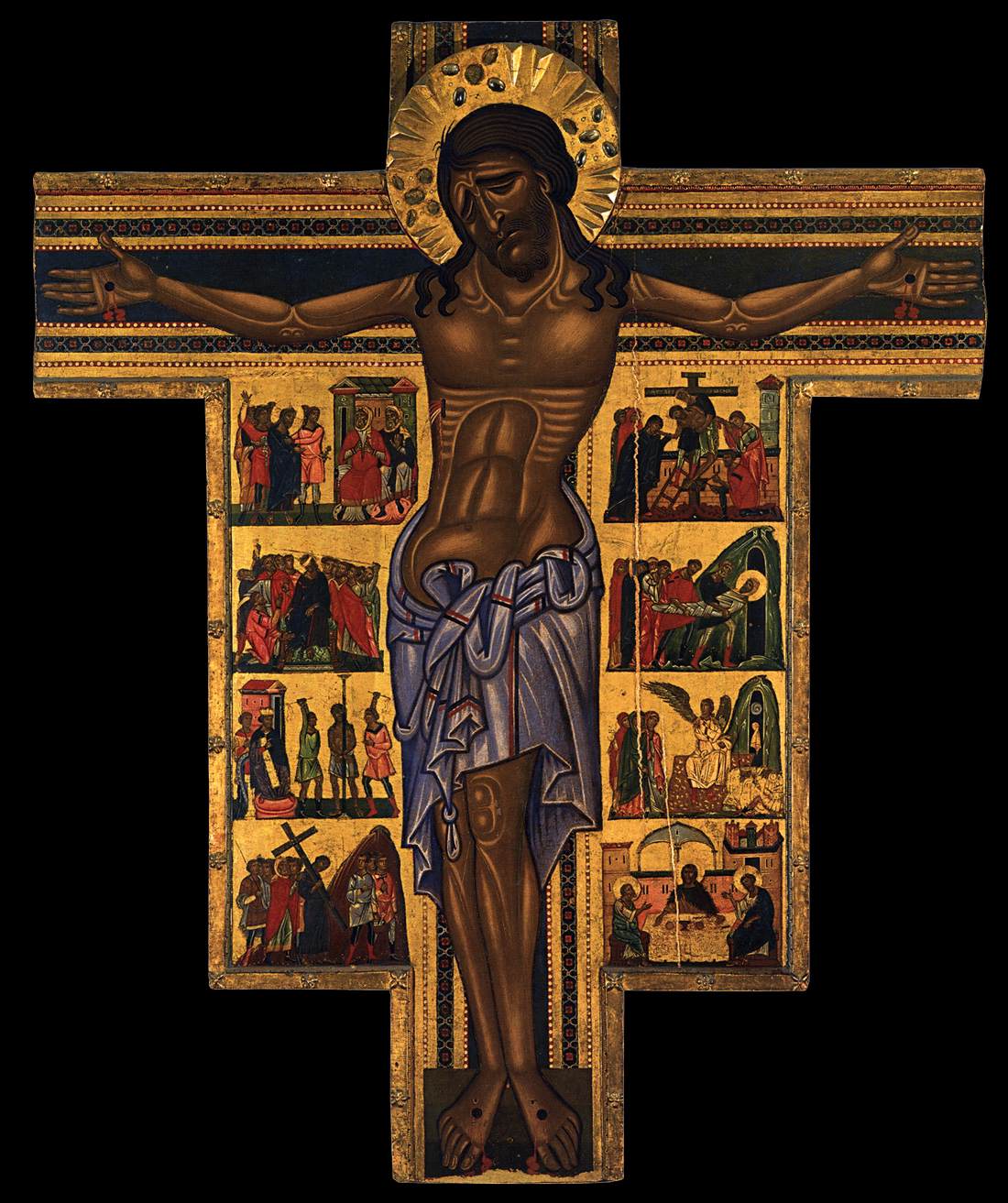This looks promising:
members.aol.com/FranzPoet/gothcrit.html
Here is an excerpt:
In his famous compilation of Gothic novels,
The Gothic Quest, Montague Summers examined the Gothic novel within its historical background. He argued that both the Gothic and Romantic literary modes “suggest an aspiration for something beyond the deadening familiarity of this world, a longing for the past”
Beginning to strike a note with me. So it is a variation on the pastoral myth.
To escape…from mundane reality is a primitive desire, and, in itself, it is excellent and good. The world, if we had not our dreams, would, God knows, be a very dull place.
OK, the recreational angle: Club Dread.
Of course, as precisians will never fail to tell you, there is a danger in dreams.
What did I tell ya? The House of Horrors on the fairground.
But, if we had not dreams, life, I take it, would be far more dangerous; in fact, it would not be worth living at all.
Oh, now that got my attention.
This, then, is exactly the reason why I think the Gothic novelists, …have… proved themselves true friends to those of us who care to withdraw… from the relentless oppression and carding cares of a bitter actuality"(Summers 198).
Whew.
Ok, fine, so this literature arose in an age of rebellion. Rebellion has its merits. And its dangers. Depends on what you are rebelling against I guess. The literature is also a poultice to soothe the ennui of living in huge cities far removed from dark woods, country moors, bogs and marshes. And as a poultice it also has dangers. Part of the escape, one must keep in mind, is not only from one’s culture and from one’s environment, but from oneself.

